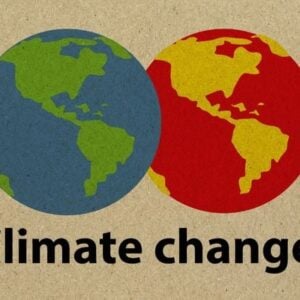A new World Bank report highlights the immense economic, environmental, and climate value of the Congo Basin forests, home to the world’s second-largest tropical rainforest spanning six countries. The report reveals that the value of forest ecosystem services nearly doubled over two decades, increasing from $590 billion in 2000 to $1.15 trillion in 2020, while the total forest asset value rose from $11.4 trillion to $23.2 trillion. These forests are vital not only for global climate stability and biodiversity but also as a foundation for economic resilience in the region.
The report shows significant variation in forest management and governance across the basin. Gabon and the Republic of Congo are leading in embedding sustainability into national planning, maintaining low deforestation rates and strong biodiversity indicators. Cameroon and Equatorial Guinea are in transition, piloting policies that integrate ecosystem values and strengthen forest governance. In contrast, the Democratic Republic of Congo and Central African Republic face major challenges from population growth, informal logging, mining, and agricultural pressures, which threaten forest resilience.
The Congo Basin Forest Ecosystem Accounts report and accompanying country studies provide a comprehensive overview of how forests can be integrated into macroeconomic planning to support economic diversification and climate finance strategies. The findings demonstrate that the forest sector can generate new opportunities through community-based ecotourism, forest monitoring, value-added processing of non-timber forest products, and results-based climate financing, offering pathways toward sustainable development and long-term resilience.
Ousmane Diagana, World Bank Vice President for Western and Central Africa, emphasized that for the first time, Congo Basin countries now have detailed forest ecosystem accounts that reveal the true value of their natural wealth. Managed sustainably, these forests can drive job creation, climate-smart growth, and local economic strengthening. However, the report highlights a major imbalance: while Congo Basin forests provide over $1 trillion in global ecosystem services—with more than 90% derived from climate regulation—local governments captured only $8 billion in domestic benefits in 2020, mainly from timber, bushmeat, wild foods, and ecotourism.
Valerie Hickey, World Bank Global Director for Climate Change, stressed that “we can only manage what we can measure.” The forest ecosystem accounts are crucial for enabling Congo Basin countries to leverage their forests for development, create jobs, and demonstrate the global significance of their conservation efforts, highlighting the forests’ role as both a national and planetary asset.







